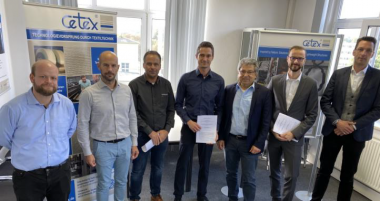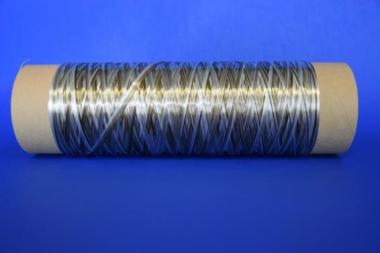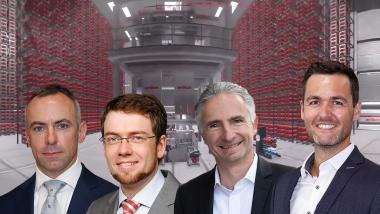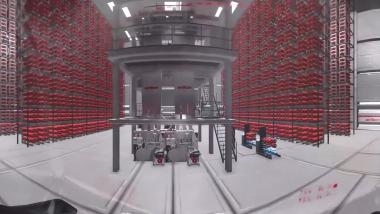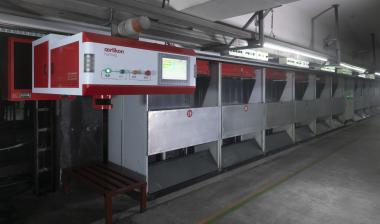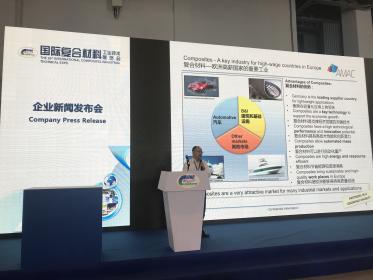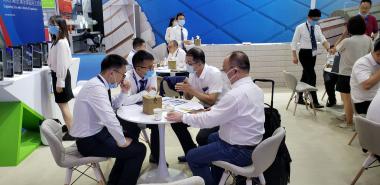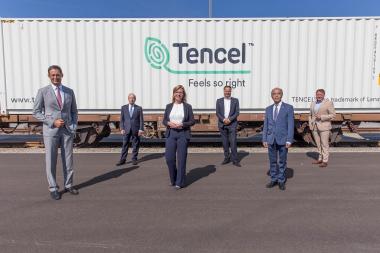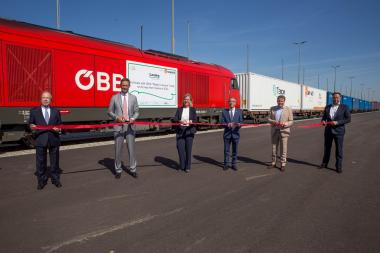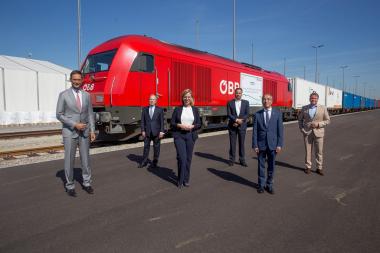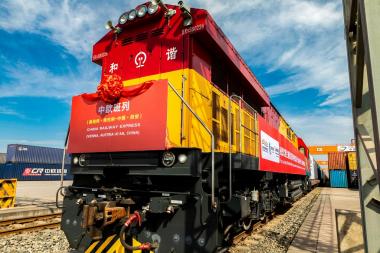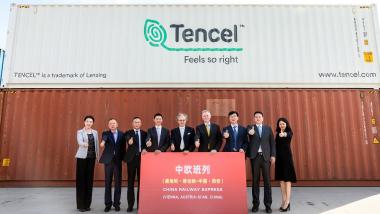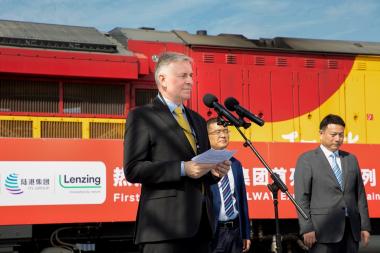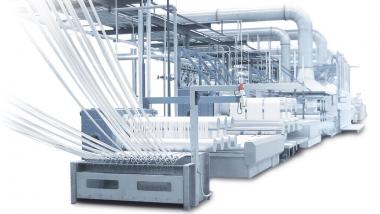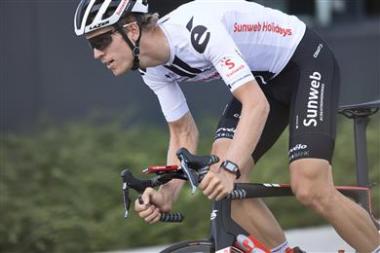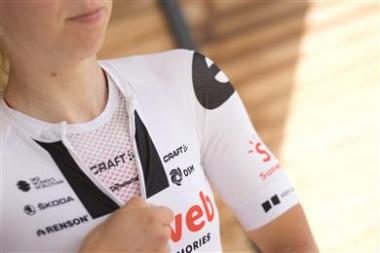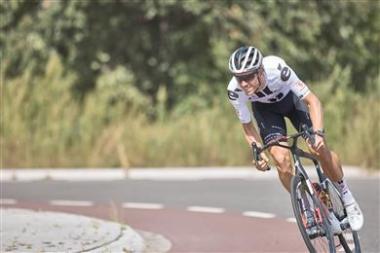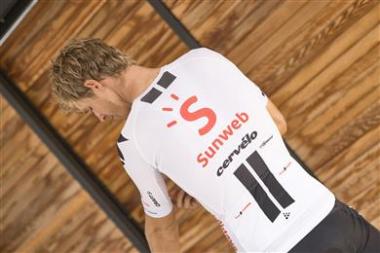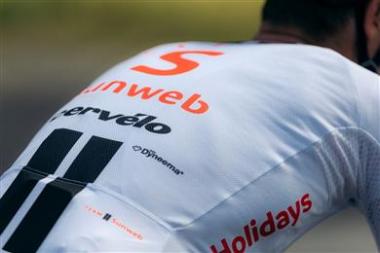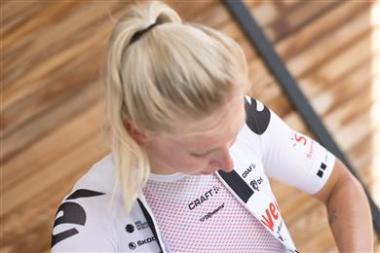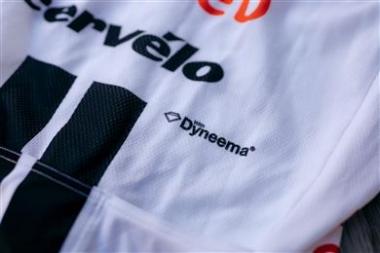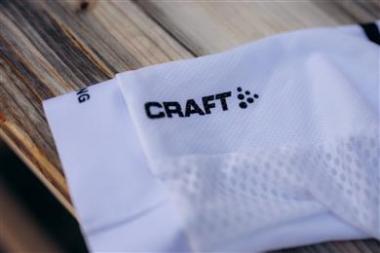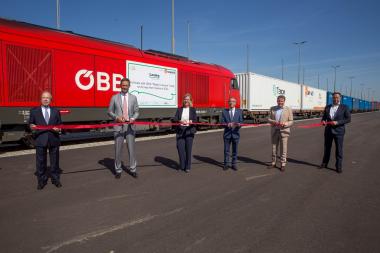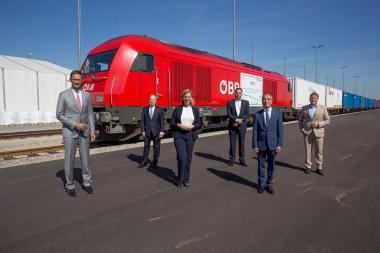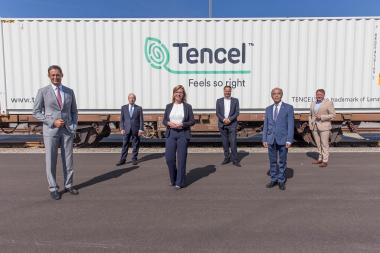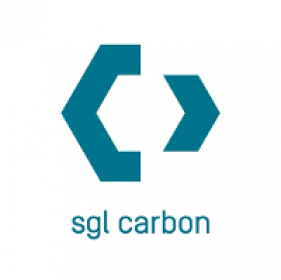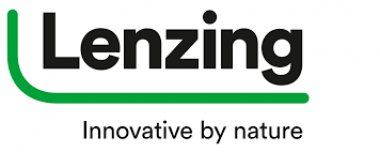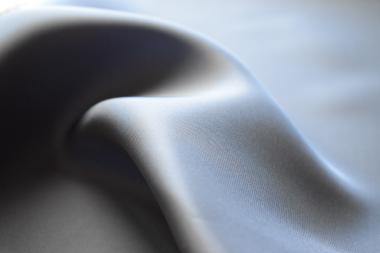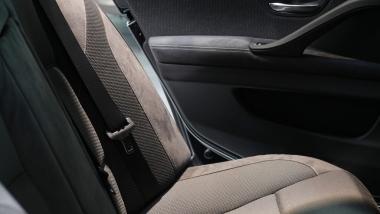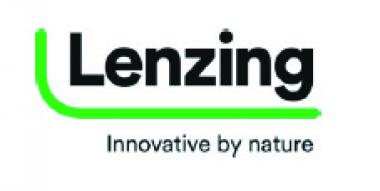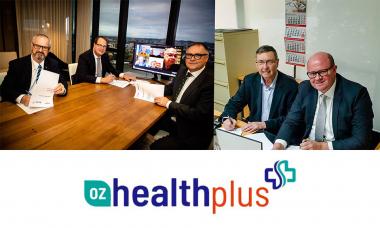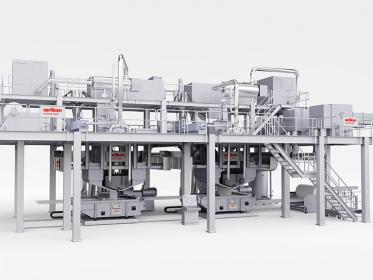Cetex: Long-term cooperation in the area of hybrid rovings
The Cetex Institut gGmbH, the thermoPre ENGINEERING GmbH and The FilamentFactory GmbH cooperate in the development, production and marketing of novel hybrid materials. The cooperation agreement signed on October 2, 2020 in Chemnitz takes the collaboration to a new level. "We are pleased to be able to supply the hybrid rovings to the end user not only in an application-specific manner, but also to offer the engineering for subsequent component applications, including the prototyping of the FRP components," says Sebastian Nendel, Managing Director of Cetex.
Patented process for the production of hybrid rovings
In the last 3 years the Cetex Institute has developed a plant technology for the production of hybrid rovings. By means of the patented process, different material combinations can be produced according to customer specifications. Material combinations of reinforcing fibers (glass, basalt, carbon, aramid or high-strength polymer fibers) can be combined with matrix fibers (PP, PET, PA, PPS, PEEK), but also special combinations of different reinforcing fibers or the combination of reinforcing fibers with metal fibers. Advantages of the new hybrid roving are the torsion-free and completely stretched fiber layer and the associated optimal utilization of the properties of the reinforcing fibers, as well as a very good homogeneity, whereby excellent processing can be achieved in later process steps.
Series production as next step
The next goal is clearly defined: Under the agreement, the process is to be jointly developed further by the project partners and transferred to series production. These joint activities form the basis for many years of intensive cooperation in this new field.
Cetex Institut gGmbH


